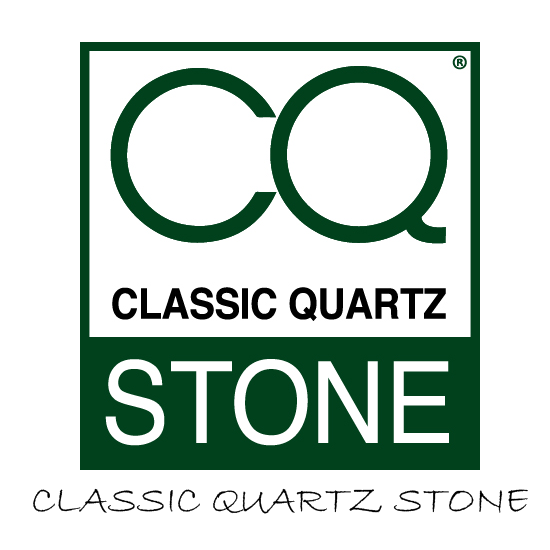Quartz vs Granite for Commercial Work Surfaces
 Quartz and granite are two of the most popular stones for both residential and commercial work surfaces. Although they have some characteristics in common, they also have their differences. Firstly, quartz is a manufactured stone, while granite is a natural one. This fact has an impact on almost all characteristics of both stone; to learn more about them, continue reading this article.
Quartz and granite are two of the most popular stones for both residential and commercial work surfaces. Although they have some characteristics in common, they also have their differences. Firstly, quartz is a manufactured stone, while granite is a natural one. This fact has an impact on almost all characteristics of both stone; to learn more about them, continue reading this article.
1. Quartz is non-porous
Quartz surfaces are made of quartz stone, resins and binding polymers. Resins are forming a waterproof surface that no liquid can break. Such surfaces are called non-porous because they don’t have microscopic pores in which liquids can collect and eventually leave a stain. Quartz surfaces are resistant to staining and are therefore an excellent option for high traffic areas, such as commercial spaces.
Granite, on the other hand, is a porous material. It is not as resistant to staining, but it will not get stained so easily as some other stones.
2. They are very durable
Both stones are very durable and will not break or crack easily. This characteristic is especially important for commercial spaces, where work surfaces tend to last less because of high traffic. With proper maintenance, you will not have to replace your worktops for a decade or even more.
3. They are resistant to scratching
Stones have a densely packed molecule structure that is hard to break. Both granite and quartz are highly resistant to scratching, which is perfect for commercial use.
4. Granite handles heat better
When it comes to handling high temperature, granite is better. Postponing hot objects on your work surfaces will not lead to burns and marks. Quartz is not as resistant to high temperatures as granite. Heat can lessen the bond between resins and the stone. This can eventually lead to discolourations.
5. Quartz has a wider colour range
During the manufacturing process, the pigments are added to quartz to change the colour or add patterns. Quartz has a wide colour range and it can look like other stones, such as granite or marble.
Granite, on the other hand, has a limited colour palette which is dictated by the colours that are found in nature. However, it is still considered one of the most beautiful stones.
6. Uniqueness
Natural stones are more unique because their patterns are the result of mineral impurities in the stone. This is not the case with quartz, since its patterns are man-made. For some this is a disadvantage, while for others it is not, it just depends on your taste. Quartz tends to have more uniformed and symmetrical patterns, while granite has more unpredictable ones. Browse our quartz marble effect, quartz bookmatched, quartz premier range or classic quartz range and choose the colour suits you best.
To conclude, quartz is a better option for commercial spaces with high food and liquid consumption. It is also great for hallways and floors since it is so durable. Granite will not be a good option where food is consumed, but it can be a good one for where it is prepared, such as kitchens. All in all, quartz is a great alternative to granite and you will not regret buying it for your commercial area.
Having more doubts whether to choose quartz or granite for your commercial work surfaces? Please, feel free to contact us for more.
